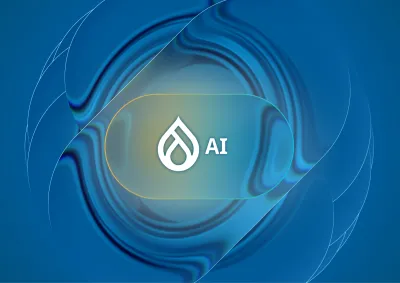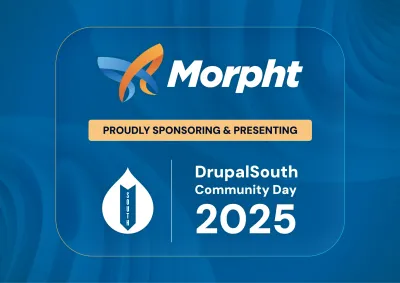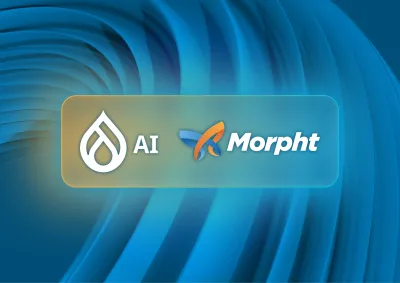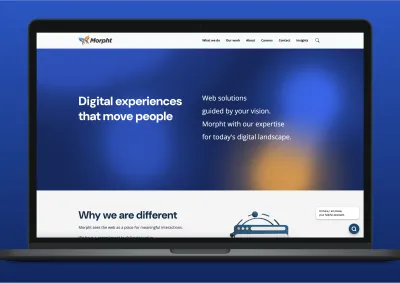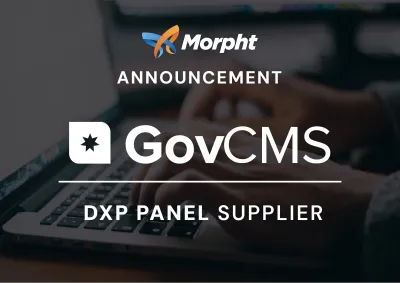Personalisation
We are passionate believers in user centered design and this means that content should be personalised so that it adapts to the needs and the context of the User. We have built a toolkit to deliver personalisation to users in a number of ways.
Recommendations
Content recommendations can be based on the wisdom of the crowd and the behaviour of the individual. We have integrated with the Recombee recommendation engine to deliver content based on relevancy, popularity and context to the user.
Customisation
As users move around the site they leave clues as to what they are interested and to which content they may have an affinity with. Morpht has built a personalisation which integrates with the Personified and Smart Content modules to deliver the right content, at the right time to the right user.
Search
Users demand a first class search experience. Morpht has partnered with Sajari, a Sydney based Search startup, to integrate with the search service to offer a next level search experience to users.
Insights
